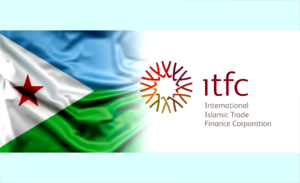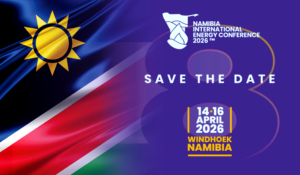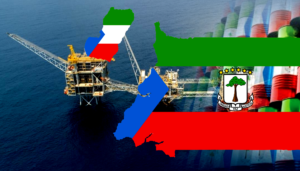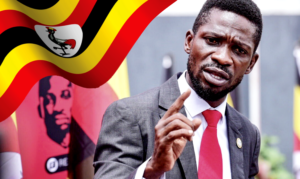RECAP: African Union Theme of the year 2025
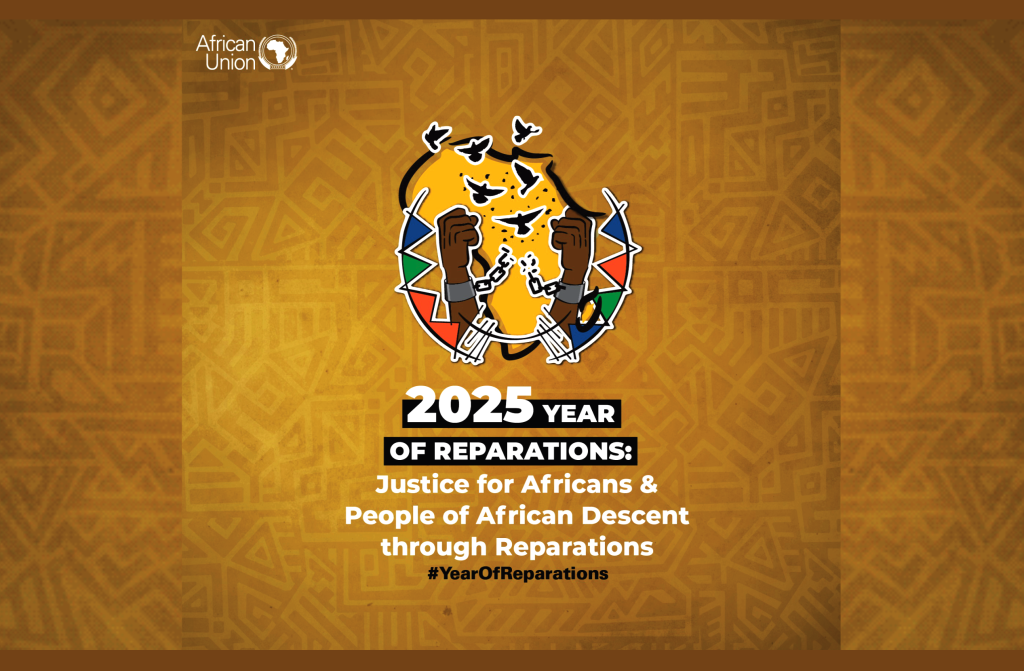
AFRICAN UNION THEME OF THE YEAR 2025: Theme: “Justice for Africans and People of African Descent Through Reparations”
The African Union (AU) has designated 2025 as the “Year of Justice for Africans and People of African Descent Through Reparations.” This initiative underscores the AU’s commitment to addressing historical injustices, including the trans-Atlantic slave trade, colonialism, apartheid, and genocide. It builds on decades of advocacy and collaboration, aiming to foster unity and establish mechanisms for reparatory justice on a global scale.
Background
The Organization of African Unity (OAU) and the African Union (AU) have been working towards reparations and justice for historical crimes against Africans and people of African descent since 1963. The AU has supported initiatives to advance justice and the payment of reparations to Africans, as well as the restitution of cultural artifacts and heritage pillaged during colonization and enslavement. The continental movement for reparations began with political activism by prominent politicians, including Chief Moshood Kashimawo Olawale Abiola of Nigeria. The First Pan-African Conference on Reparations, sponsored by the Group of Eminent Persons (GEP) and the OAU, was held in 1993, leading to the Abuja Proclamation on Reparations. This conference emphasized the importance of reparations and the moral debt owed to African peoples.
The African Union (AU) joined the United Nations (UN) at the World Conference against Racism, Racial Discrimination, Xenophobia and Related Intolerance in 2001 to adopt the 2001 Durban Declaration and Programme of Action. The Declaration acknowledged the appalling tragedies of racism, racial discrimination, xenophobia, and related intolerance, including slavery and the transatlantic slave trade. It emphasized the need for victims of these human rights violations to have access to justice, legal assistance, and effective protection and remedies.
In 2021, the AU held a Continental Experts Workshop on the Restitution of Cultural Property and Heritage in collaboration with the Government of Senegal and the Open Society Initiative in West Africa. The workshop focused on developing a Common African Position Paper on the Restitution of Cultural Property and Heritage and a Framework for Action on the Negotiations for the Return/Restitution of Illicitly Trafficked Cultural Property from the Continent.
In 2022, the Africa-Diaspora Summit on Reparations was co-organized by the Government of the Republic of Ghana, the Africa Transitional Justice Legacy Fund, the Africa America Institute, the Global Circle for Reparations and Healing, and other Diaspora Organisations. The Accra Declaration on Reparations and Racial Healing included the notion of racial healing, stating that reparations and healing are a multigenerational, transnational endeavor requiring active engagement from grassroots, civil society, private sector, policy makers, and leadership at all levels.
In November 2022, the African Commission on Human and People’s Rights (ACHPR) passed a Resolution on Africa’s Reparations Agenda and the Human Rights of Africans in the Diaspora and People of African Descent Worldwide. The resolution reaffirmed the 2001 Durban Declaration and Programme of Action as a comprehensive framework addressing racism, racial discrimination, xenophobia, and related intolerance. The International Decade for People of African Descent (2015-2024) acknowledged the significance of the International Decade for Recognition, Justice, and Development of people of African descent worldwide.
At the 36th Ordinary Assembly of the Union, the Heads of States and Governments of the Member States endorsed a proposal by the Republic of Ghana to co-organize and host an International Conference in 2023 on the theme “Building a United Front to Advance the Cause of Justice and the Payment of Reparations to Africans.” The AU Assembly decision requested the establishment of an African Committee of Experts on Reparations for the purpose of developing a Common African Position on Reparations and incorporating therein, an African Reparatory Programme of Action. Following the AU Summit in February 2023, a High-Level delegation of the AU conducted a study tour to the Republic of Barbados, aiming to develop stronger AU-CARICOM cooperation in advancing the agenda on reparations and racial healing. The Accra Reparations Conference (ARC) was convened in November 2023, bringing together various stakeholders to advance the cause of reparations, including reparatory justice and healing for Africans and people of African descent.
THEME OF THE YEAR 2025: ‘‘JUSTICE FOR AFRICANS AND PEOPLE OF AFRICAN DESCENT THROUGH REPARATIONS’’
The Heads of States and Governments of the AU, at the 37th Ordinary Assembly of the Union held on 17th – 18th February 2024 in Addis Ababa, Ethiopia, decided pursuant to Assembly/AU/Dec.884 (XXXVII) that the theme of the Year for 2025 will be ‘‘Justice for Africans and People of African Descent Through Reparations.’’ The theme of the year for 2025 on Reparations was a proposal from the Accra 2023 Reparations Conference. In the continuing pursuit of justice and equity, the conversation about reparations has emerged as a critical and transformative dialogue that requires the collective attention and action of Africans and all people of African descent. The scope of this conversation goes beyond historical injustices and into the current fabric of societies around the world. The complexities of addressing past wrongs, whether they stem from colonialism, trans-Atlantic enslavement, apartheid or systemic discrimination, necessitate a thorough examination and strategic approach.
Having Reparations for Africans and the People of African Descent offers the AU the opportunity to take leadership on the Africa Reparations Agenda, as well as bring together the African citizenry and the African diaspora to build a common and united front for the cause of justice and payment of reparations to Africans for historical crimes and mass atrocities committed against Africans and people of African Descent, including colonization, apartheid, and genocide. Additionally, reparations as the theme of the year will further drive momentum generated by the different initiatives and activities over the years, and for the Commission to promote an active AU-wide engagement on the subject of reparations, in close coordination with the AU Member States, RECs, AU Organs including ECOSOCC, the African Commission on Human and Peoples Rights, African Court on Human and People’s Rights, and the African Union Commission on International Law, the Pan African Parliament, African Committee of Experts on the Rights and Welfare of the Child, and the African Union Advisory Board Against Corruption, as well as the United Nations system and other relevant partners.
Finally, the theme of Year for 2025 on Reparations will support the operationalisation of the reparations for transatlantic-enslavement, colonialism and apartheid as a Flagship Programme of the Union.
Objectives
The objectives of the African Union (AU) Theme of the Year for 2025, titled “Justice for Africans and People of African Descent Through Reparations,” are outlined as follows:
1) Strengthening AU Institutional Frameworks:
- Establish and operationalize key mechanisms, including a Committee of Experts on Reparations and an Africa Reparations Fund.
- Develop partnerships with the Caribbean Community (CARICOM) and the African Diaspora to enhance collaboration.
2) Operationalizing Reparations as a Flagship Project:
- Convene strategic dialogues and develop a framework for implementing reparations and racial healing initiatives as a flagship project.
- Promote policy and legislative measures to ensure the project’s success.
3) Developing an African Common Position:
- Create a unified stance on reparations, incorporating input from experts, member states, and relevant stakeholders.
4) Mainstreaming Reparations into Development Policies:
- Equip member states and regional economic communities (RECs) to integrate reparations and racial healing into their strategies and programs.
5) Promoting AU-Wide and Global Engagement:
- Organize global summits and dialogues to advocate for reparations.
- Enhance public awareness and research on reparations and racial healing.
6) Establishing Knowledge and Research Centers:
- Set up a Center of Excellence for training and scholarships focused on reparations and racial healing.
- Launch educational programs like summer schools and grants.
7) Building Multi-Stakeholder Partnerships:
- Strengthen collaboration between civil society, governments, religious organizations, and the diaspora to advance reparatory justice.
8) Resource Mobilization:
- Secure sustainable funding through initiatives like the AU Global Fund on Reparations.
- Host high-level events to encourage investment in reparations and racial healing.



